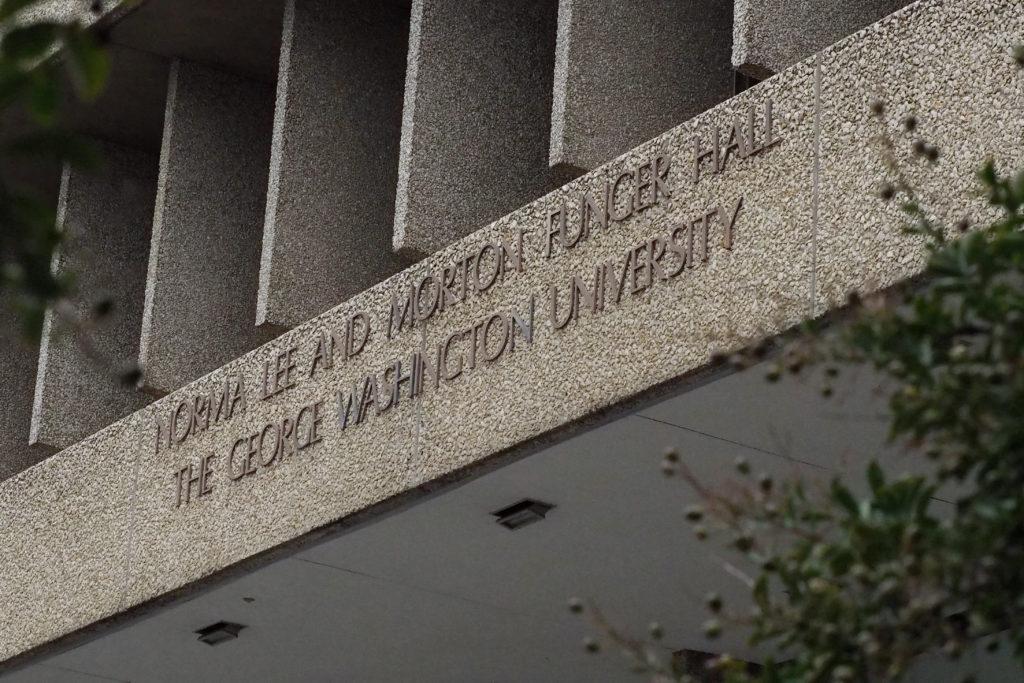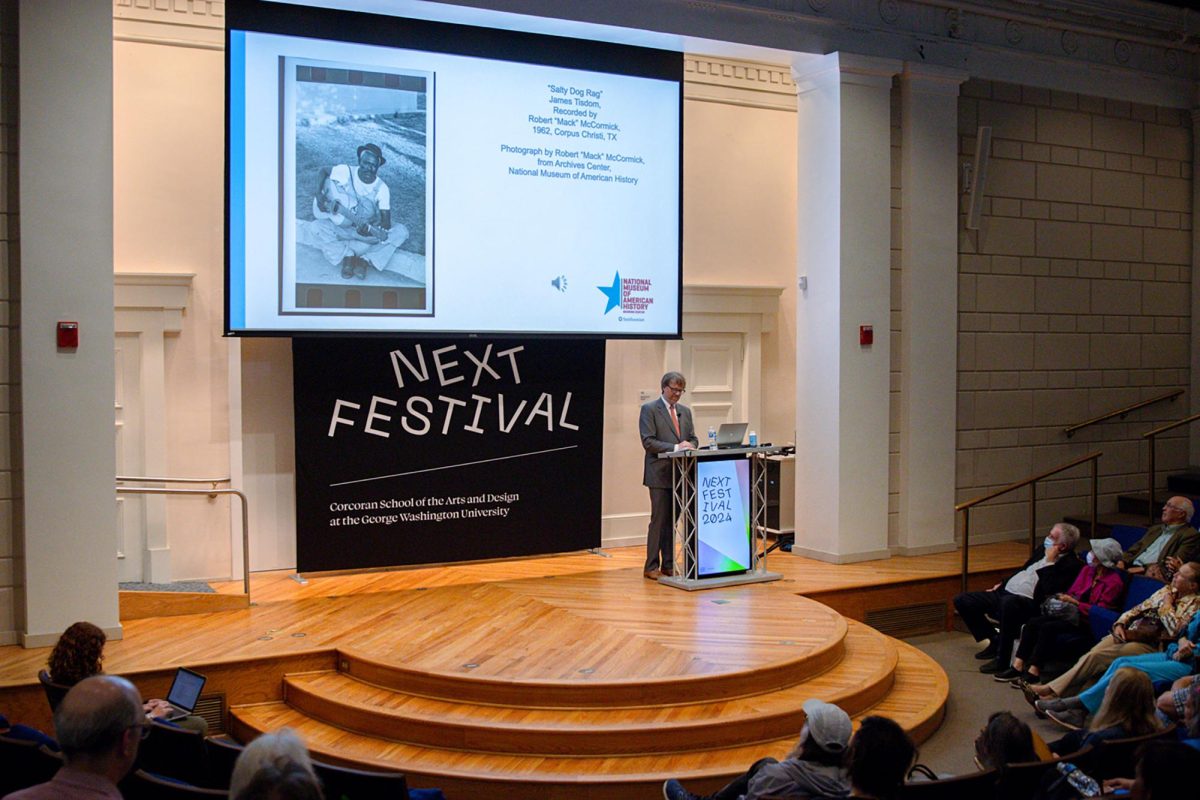The Global Financial Literacy Excellence Center in the School of Business hosted a virtual panel on international inequity among financial knowledge and skills Monday as the center celebrates its 10 year anniversary.
Experts in financial literacy presented GFLEC’s findings from a study that assessed how demographic groups faced varying levels of financial illiteracy at the event, which was moderated by Fiona Zhu, the associate director of development at the School of Business. The experts also reviewed their mission to improve global financial literacy through the center, which was founded in 2011 and aims to increase financial literacy through research, education, program building and helping draft U.S. and international policy.
Andrea Hasler, the deputy director of GFLEC and an assistant research professor of financial literacy, said only a third of adults are financially literate across 148 countries, according to the center’s research data. She said within that population, women and minorities account for the smallest proportions of literate individuals.
She said her research also covers lower income levels and those without a higher education degree, who are also much less likely to be financially literate. She said the U.S. financial system is based largely on financial independence, making it especially critical for citizens to plan for their own financial security.
“This is so important to make the right decisions so you can live the life you want and have freedom of choice,” Hasler said.
Mari Adam, a certified financial planner and GW alumna, said she supports including more financial educational services that would last from middle school through college and target families at home. She said many young adults graduate without basic financial knowledge, like how to sign up for a medical plan at their place of work or how to allocate their 401k, an employer-sponsored pension account.
She said families need to start having “dining room” discussions about financial independence, expressing empathy and asking questions to develop solutions for the literacy gap.
“We are taught don’t talk about sex, religion, no politics at the table, but money should not be there,” Adam said. “There’s nothing wrong with talking about money.”
Kristen Burnell, the executive director of GFLEC, said research on financial literacy should reach out to “underserved” and vulnerable groups, and diversity should expand among education and professional assistance services on financial literacy.
The center published a webpage last fall that offered suggestions and resources to help people navigate their finances during the COVID-19 pandemic.
Burnell said GFLEC is often leading the way for this field of research, and they have raised awareness to add financial illiteracy to the agenda of policymakers, educators, and private sector leaders in the past 10 years. She said GFLEC has encouraged other researchers to study financial literacy.
Alumni can contribute philanthropy, become ambassadors of GFLEC or help share the organization’s work with others in the community to get better support financial literacy.
“It’s a happiness project, it’s about giving choices to people – that if they have the financial knowledge to build their wealth and be more financially secure and resilient, they are in a better position to pursue their dreams,” Burnell said.








